Augustine
A.D. 354–430
A heathen turned heretic turned Christian, this church father helped defend the church against the heresy of works righteousness.
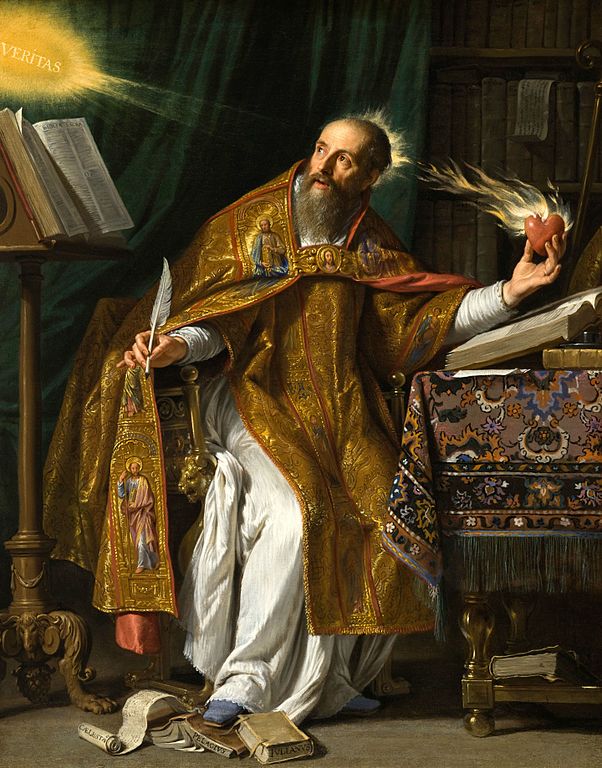
In this series, Lutheran historian Molly Lackey will trace the history of the church, from the time of the apostles through the twentieth century. As the Body of Christ, our history transcends time, country and citizenship: “God’s Word is our great heritage.”
Imagine you’re a young student at the school in the Roman colony of Madaurus (in modern-Day Algeria) playing with your friends. The streets are quiet except for your shouts and laughter as you run under the rustling palm trees, the paving stones still warm on your feet from the setting sun. It’s late, and everyone is getting a bit slaphappy. Suddenly, you have an idea: You look at a tree across the way — it’s drooping under the weight of the pears on its branches. You run off toward the tree, your friends at your heels. Down come pears, more pears than you could possibly eat, and you scoop them up in the laps of your tunics and run off, barely able to stifle your gleeful shrieks, down the street and into a neighboring farm. Feeling drunk from excitement and the wickedness of it all, stealing just so you can say you stole something, you all dump your pears on the ground and fall over yourselves. You take a bite out of one of them — it’s over-ripe, sickly-sweet and mealy. You laugh again — you weren’t hungry anyway — and start throwing your ill-gotten bounty to the pigs.
Augustine of Hippo (November 13, 354 – August 28, 430) is one of the most influential church fathers in Christian history. His writings on rhetoric, sin and justification are read by Christians and non-Christians alike and influence countless church bodies around the world. But Augustine’s life took a winding course. The scene above was one from Augustine’s own life, recorded in his autobiography Confessions. And it was the young Augustine himself who egged his friends into stealing pears, not out of hunger or want, but “but through a contempt for well-doing and a strong impulse to iniquity” (Confessions 2:4).
From wayward child to devoted convert
Stealing pears was not the end of Augustine’s exploits. In his adolescent years, Augustine got involved with a bad crowd who sinned gravely and bragged about it, and encouraged him to do likewise. It was during this time that Augustine started living with a woman to whom he was not married; in fact, the relationship lasted fifteen years, and he even had a child with her. Augustine had grown up in a Christian home with a devout mother, Monica. Monica was very direct, warning her son that living in sin was wrong and very dangerous to his soul.
Monica must have been very frustrated watching her son rush headlong into sin like this, even more so when he decided he was a Manichean. Manicheanism was a heresy that blended Christianity, Buddhism and Gnosticism. It taught that Christianity got Jesus and His teachings wrong: According to Manicheanism, there were two gods, a good god and an evil god. Manicheanism turned the devil into a god — the equal opposite of God the Father — rather than rightly teaching that God the Father alone is the omnipotent Creator, and the devil is a fallen angel who fell away in rebellion against God and has no power over Him.
But Augustine became disillusioned with these teachings. In 386, Augustine was 31 and was teaching rhetoric (the art of speaking) in Milan in northern Italy. There he found himself surrounded by Christians, including his mother and fellow master rhetorician (and church father) Ambrose. The elder Ambrose was friendly to Augustine, accepting him as an adopted, spiritual son and reintroducing him to Christian teachings. One day, sitting in a garden, Augustine heard a child singing, “tolle, lege” (“Pick it up, read it”), and opened a collection of St. Paul’s epistles at random to Romans 13:13–14:
Let us walk properly as in the daytime, not in orgies and drunkenness, not in sexual immorality and sensuality, not in quarreling and jealousy. But put on the Lord Jesus Christ, and make no provision for the flesh, to gratify its desires.
Augustine was convicted by these words and judged this moment as the beginning of his conversion. Ambrose baptized Augustine on Easter Vigil 387, and Augustine was ordained in 391, serving as a priest in the city of Hippo Regius (also in modern-day Algeria) and becoming bishop a short four years later in 395.
Defending the church against heresy
Because of his training in rhetoric, Augustine was a phenomenal preacher and used his skill in writing and speaking to spread the Gospel, teach sound doctrine, and correct theological errors. Augustine notably preached against the Manicheanism he had previously believed, as well as the teachings of the British heretical theologian Pelagius. Pelagius taught that you could stop sinning. He said that humans had totally free will, and could, if they chose sincerely and tried hard enough, fully obey God’s commandments.
Augustine reacted very strongly against these teachings in the 410s, writing multiple works explaining original sin. Augustine taught (as all orthodox Christians have since) that the Bible shows us that we cannot avoid sinning. We sin because we are sinners — because original sin has warped our hearts, so that even if we could avoid outwardly sinning, we would still be sinful: inclined to sin, desiring to rebel against God. Teaching otherwise — as Pelagius did — goes against Scripture, and it belittles Christ’s work on the cross: If we could have just stopped sinning, what was the point of Jesus dying for our sins?
Augustine’s response to Pelagius was very important in church history. Martin Luther himself was trained in the Augustinian tradition of theology, and it is likely because of this that he was able to correct the Pelagian leanings in his own day.
The young Augustine was both a heathen and a heretic: he lived an openly sinful life and also held to false beliefs about God. After his conversion, Augustine wrote, “Belatedly I loved thee, O Beauty so ancient and so new, belatedly I loved thee” (Confessions 10.27.38). It is perhaps Augustine’s belated love that helped him so astutely defend the biblical teaching of original sin, serving as the means through which the Holy Spirit defended God’s church from error.
Editor’s Note: The next installment of this series, on early Christian missionary Boniface of Mainz, will be posted two weeks from today. Check back then or follow us on social media to catch it!
Image: “Saint Augustine,” Philippe de Champaigne, c. 1645-1650.



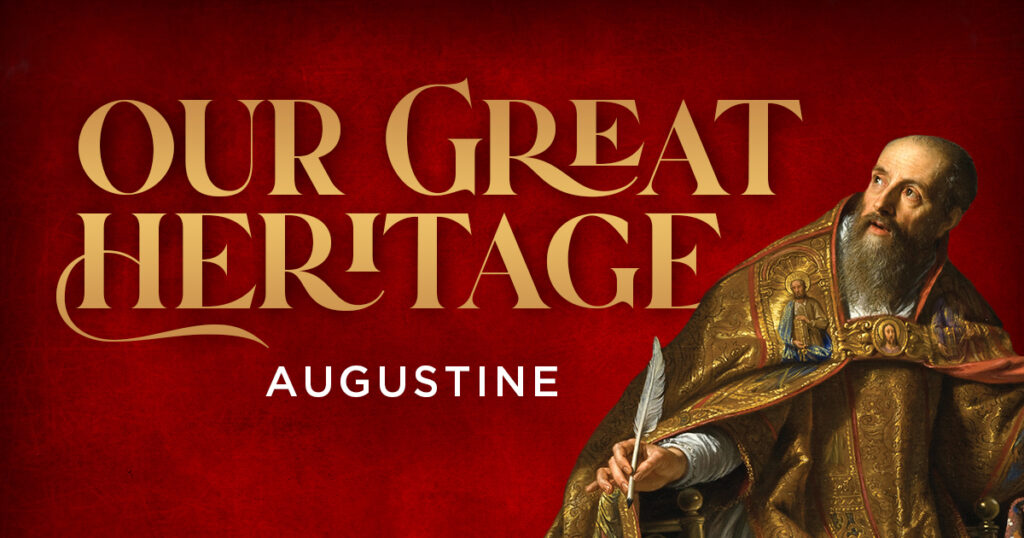
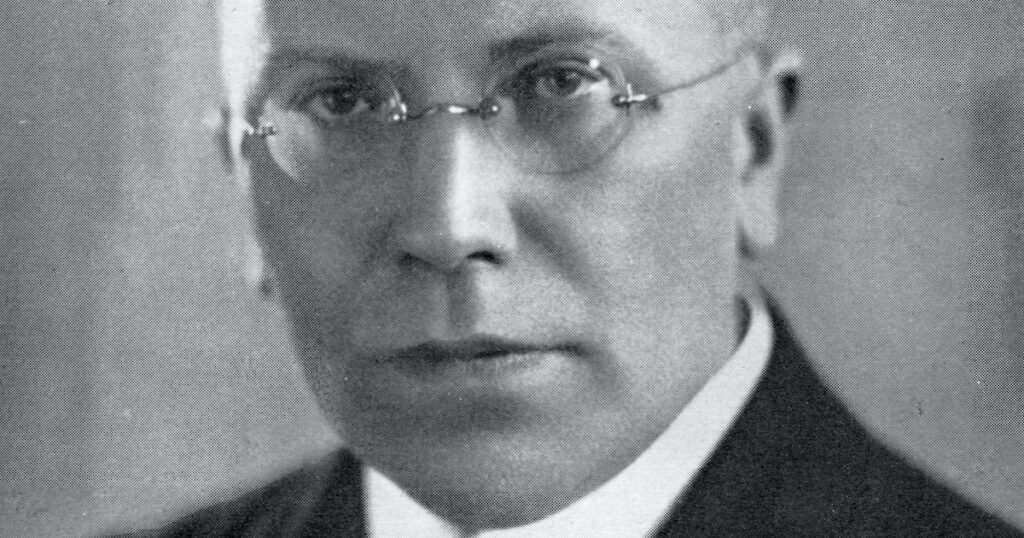
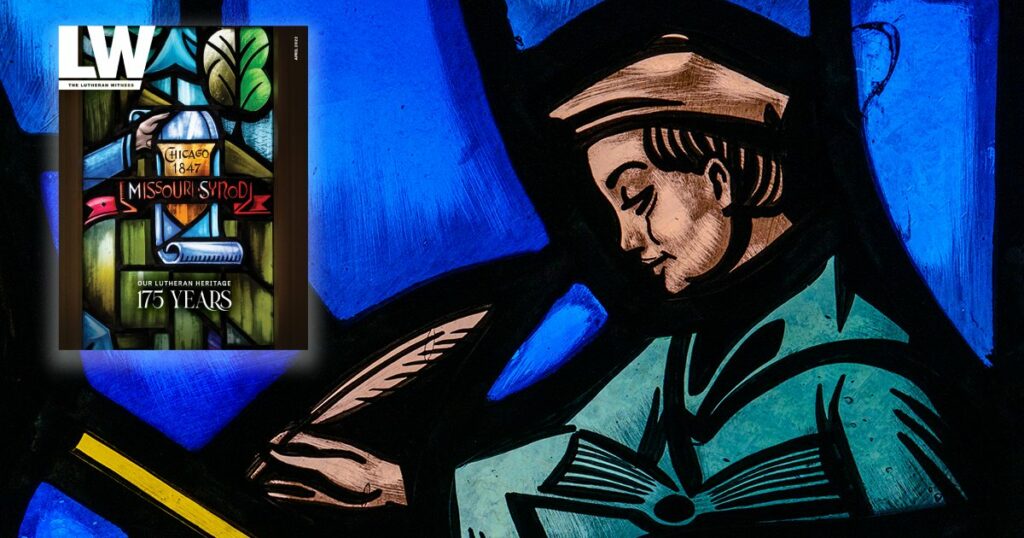
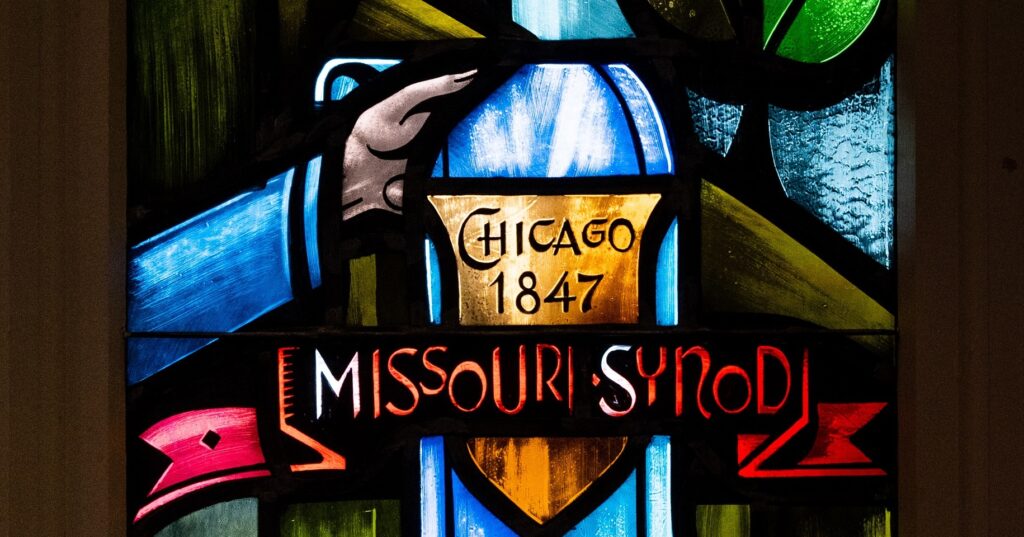
Please explain in some detail Augustine’s position on Free Will.